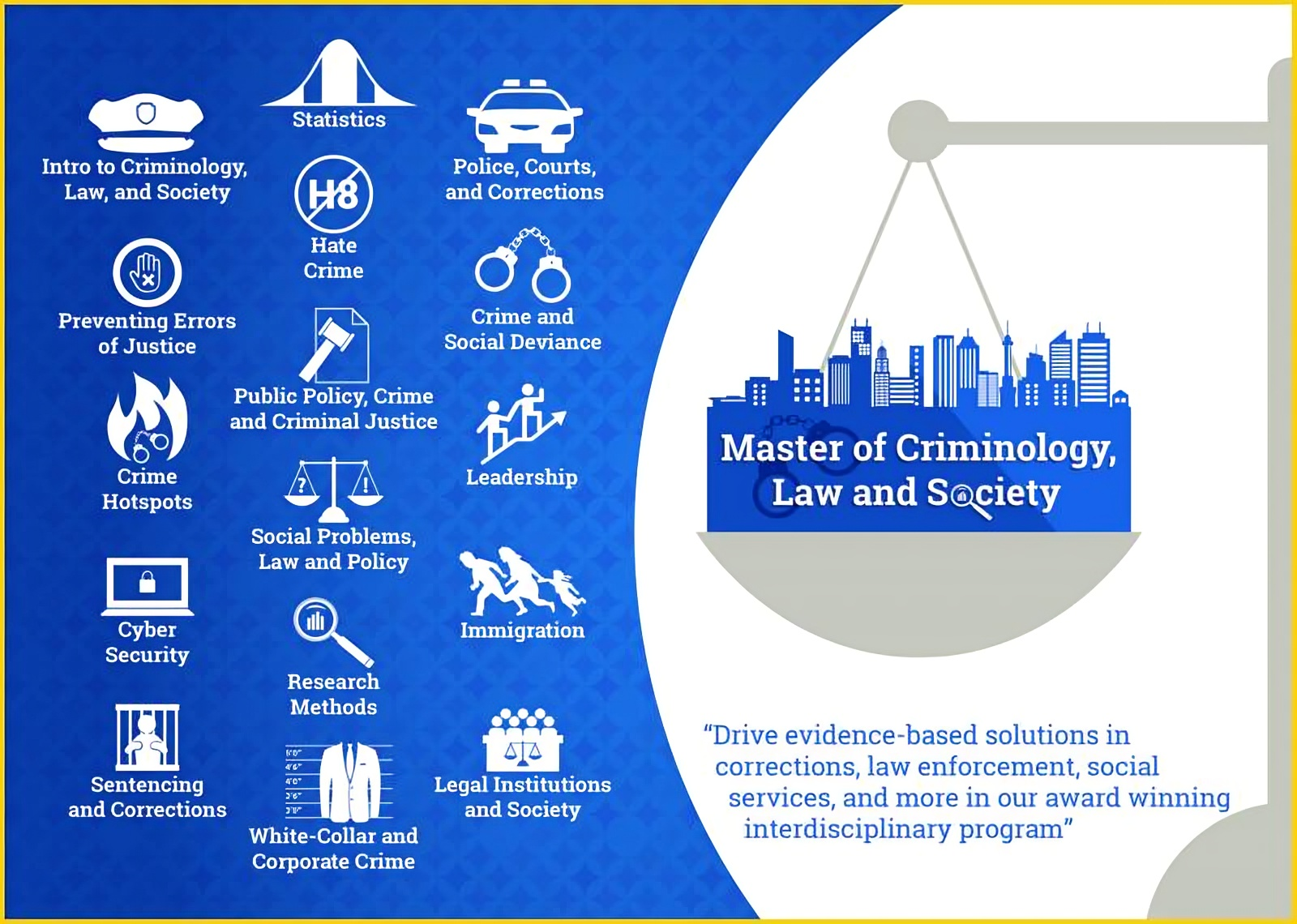
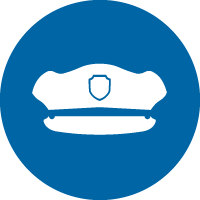
C210 - Introduction to Criminology, Law and Society
Introduces students to general concepts and theories used in the study of criminology, law and society. Examines the major explanations for crime and deviance as well as those relating to systems of punishment and social control within society. (5-day class offered on the UCI campus)
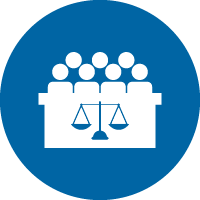
C211 - Legal Institutions and Society
Examines the political, social, and economic contexts of law creation and law enforcement. Discusses the major theories and philosophies of law, and relates these to current issues of the state and to social problems.

C212 - Police, Courts and Corrections
Examines the major institutions of criminal justice from a social scientific perspective. Theories and concepts of sociology, psychology, political science, anthropology, and other disciplines will be used to describe and explain the workings of the criminal justice system.
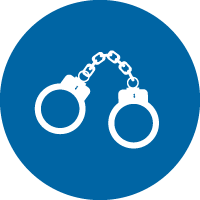
C213 - Crime and Social Deviance
Examines the major perspectives on criminal and deviant behavior. Specific deviant and criminal activities will be described and explained using established theories. Issues related to societal social problems and social control of deviant and criminal behavior will also be analyzed.

C214 - Research Methods
Examines the various methods for designing research studies that can best answer policy and research questions. Various pitfalls in scientific research will also be discussed.

C215 - Applied Statistics
Introduces the techniques of statistical analysis used for evaluation and policy purposes. Pertinent examples will be discussed including such topics as probability, statistical inference, significance testing, descriptive statistics, and multivariate analysis.
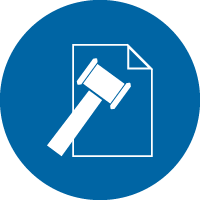
C216 - Public Policy, Crime and Criminal Justice
Examines key policy issues related to criminal justice systems. Examines and discusses policymaking and the impact and use of scientific information on current U.S. policy debates.

C217 - Leadership
Focuses on relationship between leaders and various constituencies. Provides an understanding of effective leadership practices. Examines theoretical concepts regarding leadership in organizations, including its origins, aspects, and consequences.
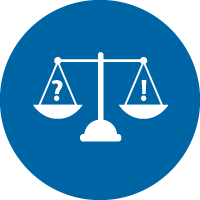
C218 - Social Problems, Law and Policy (Capstone)
Serves as the MAS capstone requirement. Students will choose a social problem related to crime, criminal justice, and law, relate it to legal and social issues, and devise a plan of action to research the problem and/or develop informed policy. Using knowledge obtained from prior required courses, and input from CLS faculty, students will write term papers on their chosen topics.

C219 - Hate Crimes
Examines the causes and consequences of hate crimes as well as the larger social and political context in which they occur. Considers the dynamics and politics of violence stemming from bigotry and discrimination, as well as the social policies designed to control it.
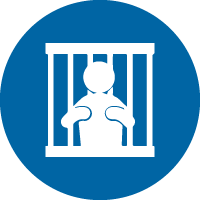
C221 - Sentencing and Corrections
Reviews how the U.S. punishes and rehabilitates convicted law violators. The conflicts among the major purposes of sentencing—rehabilitation, deterrence, and incapacitation—are discussed, as well as the effects of different sanctions on public safety, offender rehabilitation, and justice system costs.
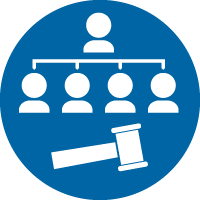
C224 - Organizational Perspectives on the Legal System
Familiarizes students with organization theory and research as ways to make sense of, navigate, and act on the legal system. Acquaints students with major frameworks in organization theory and their application to the system of legal organizations.

C238 - White-Collar and Corporate Crime
Examines criminal activity within the professions, organizations, and businesses. Theories discussing the etiology of these acts are considered as well as perspectives regarding their control.
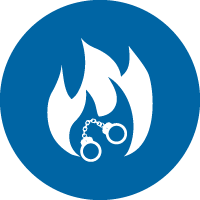
C242 - Crime Hotspots
Focuses on the criminology theory of hotspots, beginning with the "when, where, and why" questions and ending with the practical policing strategies that have been developed to mitigate hotspot public safety hazards.
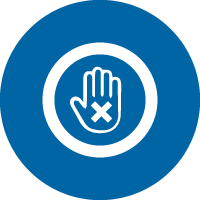
C250 - Preventing Errors of Justice
Examines the types of errors that are made in the U.S. criminal justice system and how we might prevent these errors, including failures to convict guilty offenders as well as wrongful convictions of the innocent.

C253 - Cybercrime, Cybersecurity and Society
Introduces the world of cybercrime in the age of globally networked digital, information, and communication technologies (ICT). It takes a socio-legal approach to the study of cybercrime, viewing cyberspace as a novel environment that is having a profound impact on how both legal and illicit social interactions take place, as well as transforming the scope, scale, and relations between victims and offenders.

C254 - Immigration in the U.S.
Overviews the changing patterns of immigration in the United States and the role that immigrants play in our society. In particular, students will learn about the social and economic outcomes of immigration, as well as the relationship between immigration, crime, and criminal justice policy.